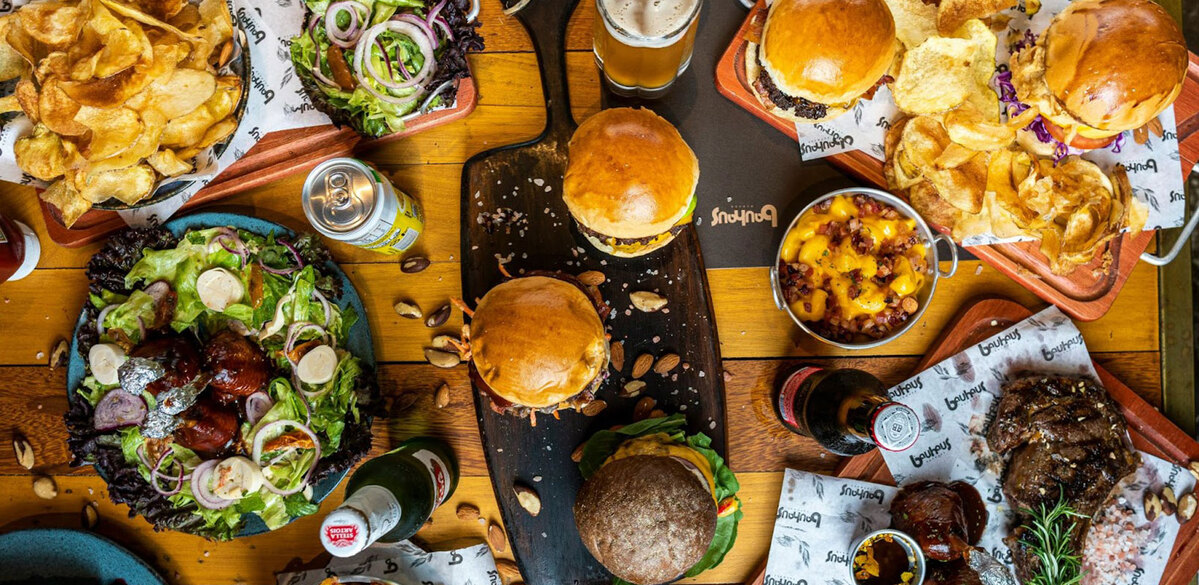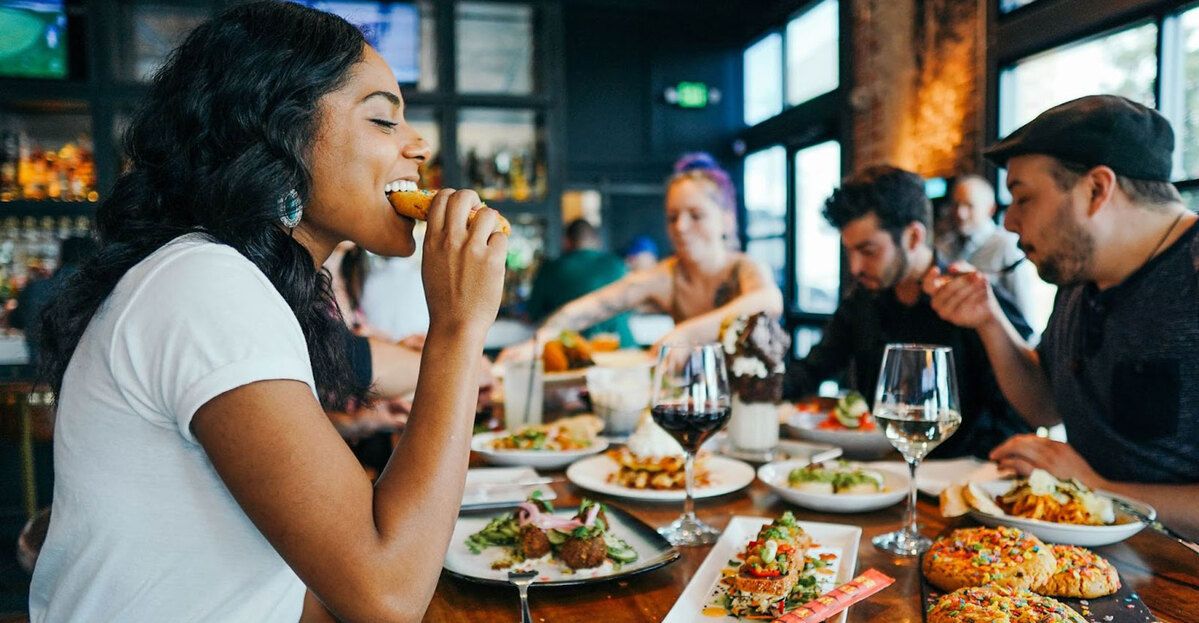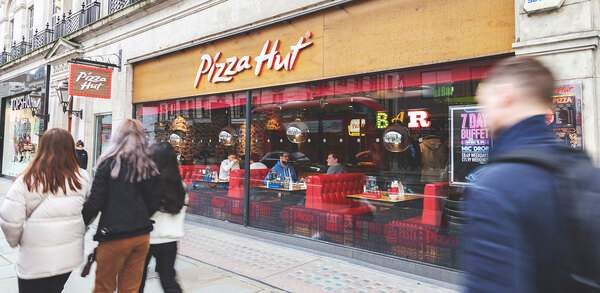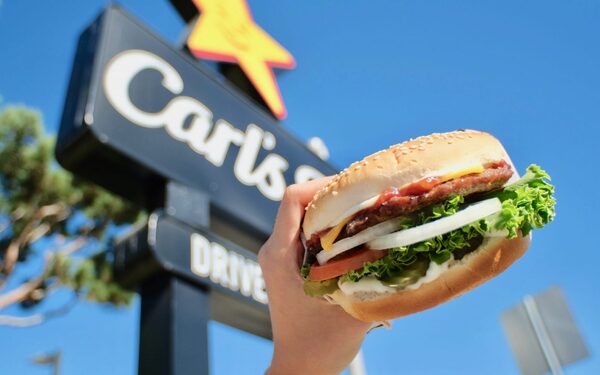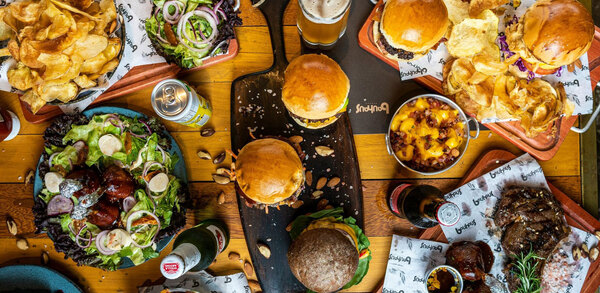Dynamic pricing: Profit driver or customer killer?
Technology has shown whether customers think they are getting a good deal
On Wednesday 16 October, the federal government of Australia announced plans to ban dynamic ticket pricing as part of new measures it says will “stop businesses ripping off Australians.” Last month, The Guardian confirmed a spokesperson for the European Commission said it was looking into the use of dynamic pricing for concert tickets amid growing concerns among parliamentarians in Brussels.
So what is dynamic pricing and why is it causing such worldwide furore? Dynamic pricing is the practice of adjusting the price of a product, based on real-time market conditions and fluctuating demand. Modern dynamic pricing systems use algorithms and data analytics to consider peak trading times, major events and seasonality.
American Airlines was the first company to introduce dynamic pricing back in the 1970s. Today, several industries outside of hospitality have adopted the practice including leisure, entertainment, retail and transportation.
‘Supersonic’, the aptly named 1994 debut single from Oasis, best describes how quickly consumer awareness and backlash to dynamic pricing arose, when last month, tickets for the band’s reunion concerts went on sale through Ticketmaster. Many fans expecting to pay around £148.50 a ticket saw prices significantly rise to as much as £355.20. What fans found was demand for the concerts, greatly outstripped supply of the tickets. If demand exceeds supply, one of two things happens: either supply goes up or prices increase.
Stonegate Group, owner of Slug & Lettuce and Yates, hit the headlines last year, when it announced it would be raising prices by 20p for a pint of beer at 800 of its venues during peak times to help cover soaring costs.
According to a recent poll for Barclays, 32% of consumers said they had experienced price increases during peak times at pubs and bars. However, just 8% said they were willing to pay more to eat and drink at popular times.
So, what is making consumers so upset? In any transaction, consumers assess their sacrifices. That being, money, time and effort versus the value they receive. Notably, they only feel fairly treated if what they gain is balanced, clear and transparent in relation to what they sacrificed. Dynamic pricing makes them feel at a disadvantage and unfairly treated because it is not transparent and therefore triggers negative emotions, which subconsciously makes them change their behaviours.
Here at Revenue Management Solutions (RMS), we conducted a behavioural experiment with 260 consumers from the UK and US. We tasked them with placing an order from an online restaurant. However, before making their order, we randomly divided them into two groups – one with dynamic pricing and the other without. We asked the dynamic pricing group questions related to their last flight ticket purchase, the goal being to remind them of a situation in which they experienced dynamic pricing in the past. The second group was asked questions about their last holiday.
While the participants placed their orders, we used eye-tracking technology to monitor where they focused their attention on the menu. We found that the dynamic pricing group focused more intensely around the pricing areas of the menu, while the non-dynamic pricing group’s attention was focused on photos and menu item descriptions.
As a result, we also found that the dynamic pricing group had a 3% lower average spend, choosing to order less expensive items, mainly by opting for smaller portion sizes. This shows their subconscious awareness of dynamic pricing triggered them to spend more time evaluating price points, resulting in more rational purchasing decisions.
We know from psychological research that people generally dislike losing more than they enjoy winning. The time we are happy after a win, is shorter than the time we are upset after a loss. Consumers subconsciously associate the uncertainty around dynamic pricing to a fear of making a loss or being at a disadvantage. Ultimately, they feel unfairly treated.
Studies using neuroimaging have shown that feeling unfairly treated activates the same region in the brain as when we experience physical pain, anger or disgust. Situations which risk causing us pain make us more alert and in this case, we change to a more conscious and rational decision making process.
The big question is how can hospitality operators improve profits without triggering negative consumer emotions? The key is to make consumers feel they’ve gained rather than made a loss, so instead, work with price decreases, such as promoting happy hours, rather than pointing out that prices have increased. We have consistently seen the biggest profitability boost with customers come from the right location-based price differentiation. Taking occasions and price sensitivity into account prevents consumer backlash. Additionally, pricing tactics are most successful when combined with other tactics such as menu-engineering or promotions.
To discover how Revenue Management Solutions can deliver actionable insights and data-driven solutions to increase sales, streamline costs and maximise profitability for your hospitality business visit Revenue Management Solutions or call 020 4574 5070




